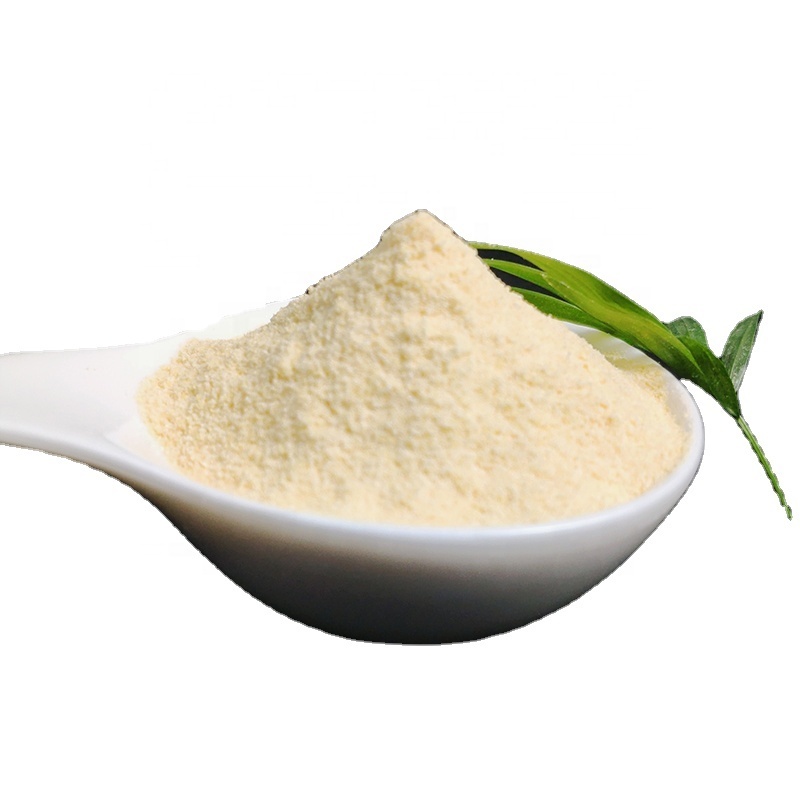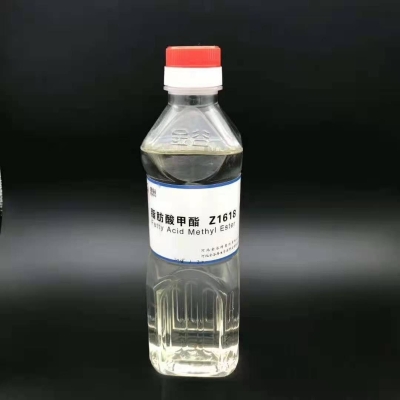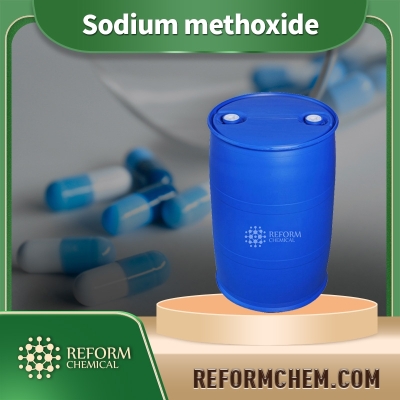-
Categories
-
Pharmaceutical Intermediates
-
Active Pharmaceutical Ingredients
-
Food Additives
- Industrial Coatings
- Agrochemicals
- Dyes and Pigments
- Surfactant
- Flavors and Fragrances
- Chemical Reagents
- Catalyst and Auxiliary
- Natural Products
- Inorganic Chemistry
-
Organic Chemistry
-
Biochemical Engineering
- Analytical Chemistry
-
Cosmetic Ingredient
- Water Treatment Chemical
-
Pharmaceutical Intermediates
Promotion
ECHEMI Mall
Wholesale
Weekly Price
Exhibition
News
-
Trade Service
The reporter learned from the Information Office of Sinopec a few days ago that China's first set of bio-jet coal industrial devices produced bio-jet coal
for the first time in Sinopec Zhenhai Refining and Chemical.
This means that China's biological aviation coal can achieve large-scale production, and take a solid step
towards large-scale production and commercial application.
Compared with traditional petroleum-based aviation kerosene, the carbon dioxide emissions of biojet coal can be reduced by up to 50% over
the whole life cycle.
The annual design and processing capacity of the device is 100,000 tons, which can basically digest the gutter oil recycled by a city with a population of tens of millions, and can reduce carbon dioxide emissions by about 80,000 tons per year, which is equivalent to nearly 50,000 economic cars parked for one year
.
This set of bio-jet coal industrial equipment adopts the production technology
developed by Sinopec Petrochemical Research Institute.
Its use of used cooking oil, edible oil, commonly known as "gutter oil", as a raw material to produce biological jet coal, "gutter oil" contains a large number of fatty acid compounds, oxygen content of up to 11% or so, oxygen molecules will directly affect the activity and stability of the catalyst of the refining unit, and the traditional raw material - petroleum oxygen content is as low as 0.
1%, the difference is more than 100 times
.
In addition, gutter oil also contains sulfur, chlorine, metal elements and other impurities, which must be removed
one by one.
To this end, Sinopec has independently developed special catalysts and processes, and has undergone demonstration and verification
of industrial-scale devices.
In May this year, Sinopec Zhenhai refining and grease hydrogenation route biojet coal products passed the Sustainable Biomaterials Roundtable (RSB) certification
.
This certification is the first global sustainability certification obtained by China's biojet coal products, indicating that the raw materials, production processes and products of the biojet coal device comply with the basic principles and standards
of RSB biofuel sustainable development.







